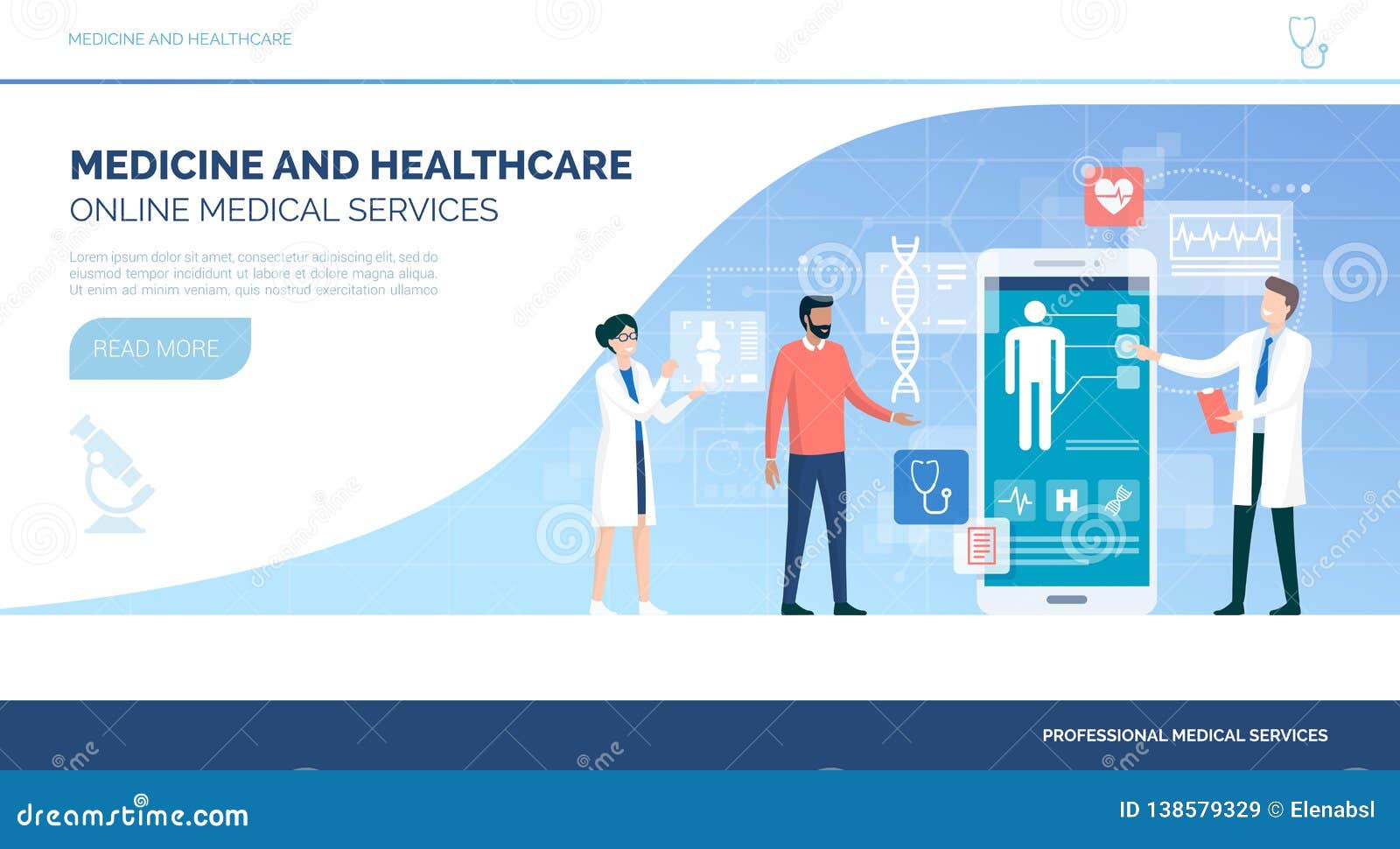Subscription Based Healthcare: Changing the Means We Consider Health
The Rise of Subscription-Based Medical Care and Its Effect on Patient Treatment
As healthcare progresses, the subscription-based version is acquiring traction, promising to change person care by supplying predictability and availability. The potential for these versions to improve medical care delivery raises pressing questions about their long-lasting sustainability and inclusivity. Are these registration solutions the future of medical care, or do they run the risk of leaving prone populations behind?
Understanding Registration Healthcare Models
Grasping the principle of registration medical care versions entails examining a transformative method to clinical services that stresses cost and access. These versions, usually described as straight medical care (DPC) or concierge medicine, have become innovative choices to standard fee-for-service health care systems. Membership health care enables clients to pay a fixed monthly or yearly fee for a defined set of clinical solutions, which might consist of endless office sees, regular exams, and fundamental laboratory tests, without the need for typical insurance coverage payment.
The structure of subscription health care versions is made to simplify individual care by eliminating third-party payers and complex payment codes, thus decreasing administrative concerns. Health care suppliers can focus a lot more on person treatment, promoting stronger patient-provider partnerships. This design likewise promotes preventative treatment by urging regular sees, as the economic obstacle of per-visit charges is gotten rid of.
The registration design often encourages healthcare providers to manage smaller person panels, allowing for more customized treatment. It aligns monetary motivations with patient health outcomes, as service providers are inspired to maintain patient fulfillment and well-being. Overall, understanding registration medical care models calls for identifying their possible to reshape just how treatment is delivered and accessed.
Advantages for Patients and Suppliers

For service providers, subscription-based versions provide the chance to grow patient-provider relationships. With a stable earnings stream, medical care professionals can devote even more time to every person, leading to a much more personalized and thorough treatment experience. This version additionally lowers reliance above patient volumes, alleviating exhaustion and improving job complete satisfaction. In addition, the focus on preventive care within membership strategies can cause better person results and lowered long-term medical care costs. By concentrating on continual treatment, suppliers can attend to problems before they escalate, ultimately benefiting the health care system all at once by decreasing the worry on emergency and intense care solutions.
Problems and difficulties
While subscription-based medical care designs existing numerous advantages, they likewise come with a collection of obstacles and worries that must be resolved. This raises ethical questions concerning equitable access to health care services.
Financial sustainability of subscription-based designs is one more worry. Suppliers have to stabilize the set revenue from subscriptions with the variable costs of medical care solutions, which may vary as a result of unforeseen clinical demands. This can develop pressure to limit solutions or increase charges, potentially influencing person complete satisfaction and care high quality.
Moreover, regulatory oversight of subscription-based medical care versions is still progressing. The absence of standardized frameworks can cause inconsistent service top quality and responsibility, complicating initiatives to ensure person protection. Finally, the assimilation of innovation-- typically a cornerstone of these models-- questions about information privacy and safety, as sensitive patient details might be prone to breaches. Resolving these difficulties is important for the successful and fair execution of subscription-based medical care.
Impact on Patient-Doctor Relationships
One substantial influence of subscription-based health care versions on patient-doctor relationships is the possibility for improved connection and individualized care. By taking on a registration model, medical professionals can manage a smaller sized individual panel, enabling more devoted time with each person. This raised schedule fosters a deeper understanding of a person's case history, lifestyle, and preferences, making it possible for a lot more customized treatment plans and interventions.

Nonetheless, it is essential to acknowledge learn the facts here now that while subscription-based designs may benefit those that can afford them, they might accidentally expand medical care disparities. Clients that are not able to get involved in these designs could experience lower access to individualized care, possibly affecting their partnerships with health care suppliers. Hence, while the registration version supplies appealing advantages for patient-doctor relationships, it also postures obstacles that need to be addressed to make sure fair medical care access.
Future of Healthcare Access

The role of innovation can not be neglected in this improvement. Telemedicine systems and electronic health documents help with smooth interaction between people and doctor, breaking down geographical and logistical barriers. Furthermore, innovations in artificial knowledge and information analytics can additionally personalize clinical care by predicting person needs and optimizing therapy strategies.
Nevertheless, the future of medical care access likewise presents difficulties, such as making certain equity across different socio-economic groups. Policymakers and doctor have to team up to connect the digital divide, guaranteeing that subscription-based models remain affordable and comprehensive. As these systems mature, they hold the promise of making health care more obtainable, reliable, and patient-centric.
Verdict
Subscription-based health care designs are improving client treatment by supplying a stable expense framework and enhancing availability. The surge of subscription-based medical care click for more motivates proactive client involvement, which has the possible to boost individual results and fulfillment, signifying a transformative shift in health care shipment.
As health care progresses, the subscription-based version is obtaining traction, promising to revolutionize individual treatment by using predictability and access.Subscription-based healthcare models provide distinct benefits for both clients and companies, boosting the total health care experience.As healthcare systems progress, the future of health care accessibility regularly pivots on the combination of innovative models and innovations.Subscription-based healthcare models are reshaping person treatment by supplying a secure cost structure and enhancing accessibility. The increase of subscription-based medical care urges positive person involvement, which has the possible to enhance client outcomes and satisfaction, signaling a transformative change in healthcare delivery.